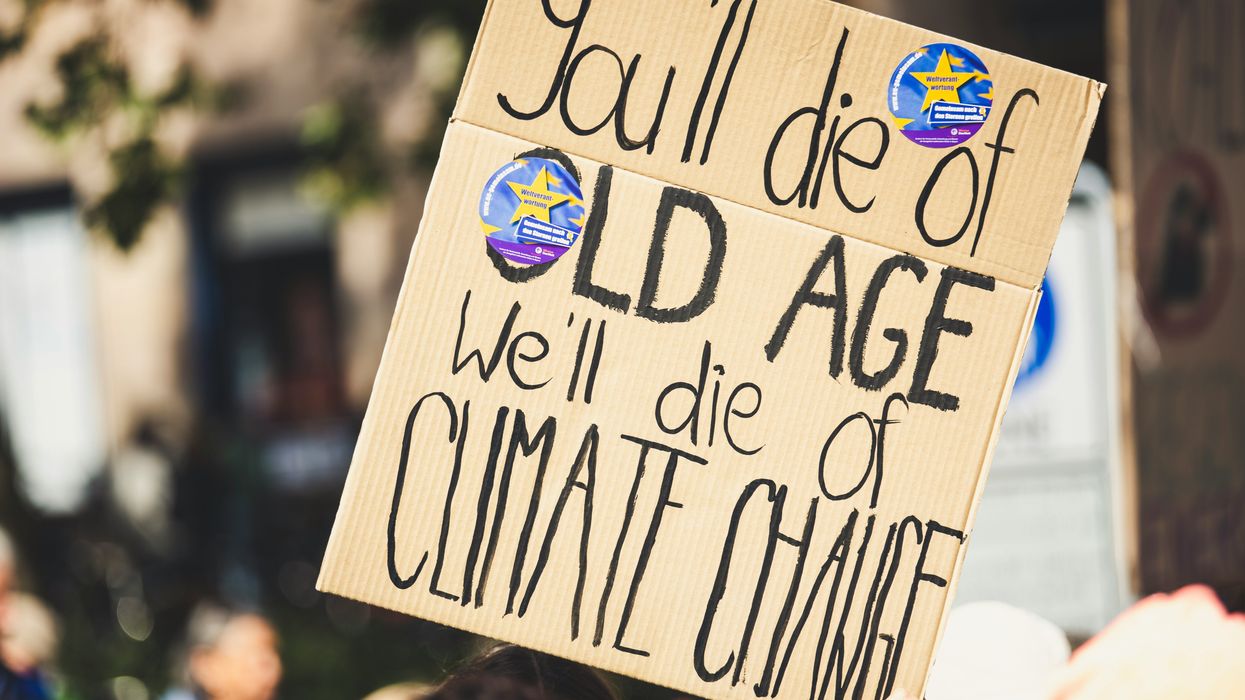A mid-1990s lawsuit brought by a young British lawyer forced a major asbestos company to face claims of negligence for the deaths of thousands of South African miners and their families.
Justine Nolan writes for The Conversation.
In short:
- The case against Cape Plc marked the first time a parent company was held responsible for conditions in its overseas subsidiary.
- Evidence showed the corporation knew asbestos dust caused fatal diseases but concealed the risks while continuing operations.
- A 2004 settlement provided compensation to 7,500 plaintiffs, though many died before the case concluded.
Why this matters:
Asbestos is now banned or restricted in most industrialized nations, yet its legacy continues to haunt communities where it was mined or used. Fibers from the mineral linger in lungs for decades, often causing cancers that appear long after exposure. In low- and middle-income countries, asbestos is still manufactured and exported, frequently without protective measures for workers or nearby residents. The Cape Plc case illustrates how corporate practices can cross borders, leaving health crises that outlive the companies themselves. It also raises broader questions about how global industries weigh profit against safety, especially in regions with limited legal recourse for victims.
Related: Rethinking asbestos: A look into its bizarre and dangerous history














